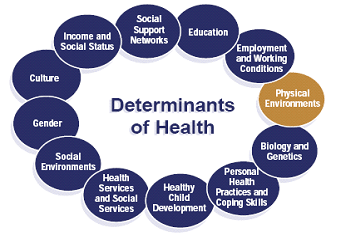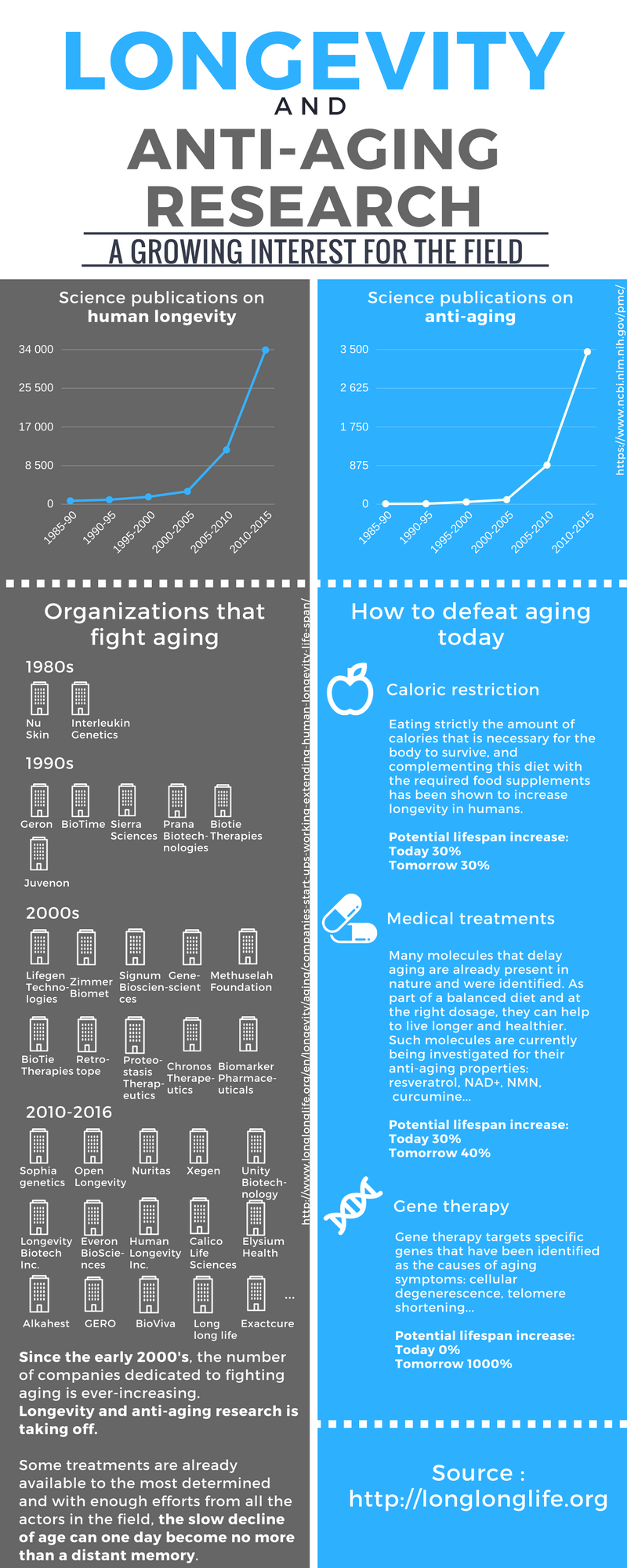Restful Nights: Elevating Sleep Quality
Quality sleep is a cornerstone of overall well-being, influencing physical health, cognitive function, and emotional balance. Explore effective strategies and lifestyle adjustments that contribute to the improvement of sleep quality, promoting a restful and rejuvenating night’s sleep.
Understanding the Importance of Sleep Quality
Quality sleep is more than just the number of hours spent in bed; it encompasses the depth and restorative nature of the sleep experience. Adequate and high-quality sleep is essential for numerous physiological processes, including immune function, memory consolidation, and emotional regulation. Prioritizing sleep quality sets the stage for optimal daily functioning.
Creating a Sleep-Inducing Environment: The Bedroom Sanctuary
The sleep environment plays a pivotal role in influencing sleep quality. Make your bedroom a sanctuary for rest by keeping it cool, dark, and quiet. Invest in a comfortable mattress and pillows, and declutter the space to promote a calming atmosphere conducive to relaxation and sleep initiation.
Establishing Consistent Sleep Patterns: The Power of Routine
Consistency is key when it comes to improving sleep quality. Establishing a regular sleep routine helps regulate the body’s internal clock, signaling when it’s time to wind down and prepare for sleep. Consistent bed and wake times, even on weekends, contribute to a more stable sleep pattern.
Optimizing Sleep Hygiene: Habits for Better Sleep
Sleep hygiene encompasses a range of practices that contribute to healthy sleep. Limiting caffeine and alcohol intake in the evening, avoiding heavy meals close to bedtime, and disconnecting from electronic devices an hour before sleep are key components of optimal sleep hygiene. These habits create an environment conducive to quality sleep.
Mind-Body Techniques: Relaxation for Improved Sleep
Incorporating mind-body techniques promotes relaxation and can significantly improve sleep quality. Practices such as deep breathing, progressive muscle relaxation, or guided imagery help calm the mind and reduce stress, facilitating a smoother transition into restful sleep. These techniques are valuable tools for those seeking to improve sleep quality naturally.
Physical Activity and Sleep: A Symbiotic Relationship
Regular physical activity is linked to improved sleep quality. Engaging in moderate exercise, such as walking or jogging, contributes to better sleep patterns. However, it’s important to time exercise appropriately, avoiding vigorous activity close to bedtime. The synergy between physical activity and sleep underscores the importance of an active lifestyle for overall well-being.
Nutrition and Sleep: The Connection
Nutrition plays a role in sleep quality, and certain foods can either enhance or hinder the sleep experience. Incorporating sleep-promoting foods like complex carbohydrates, lean proteins, and foods rich in melatonin can positively impact sleep quality. Conversely, avoiding heavy, spicy, or caffeine-containing foods close to bedtime supports better sleep.
Cognitive Behavioral Therapy for Insomnia (CBT-I): Changing Sleep Habits
For those struggling with persistent sleep issues, Cognitive Behavioral Therapy for Insomnia (CBT-I) offers an evidence-based approach. CBT-I addresses thoughts, behaviors, and habits related to sleep, aiming to improve sleep quality by fostering healthier sleep patterns and attitudes. This therapeutic approach can be a valuable resource for individuals seeking sustained improvements in sleep quality.
Seeking Professional Guidance: When to Consult a Sleep Specialist
Persistent sleep difficulties may warrant professional intervention. If efforts to improve sleep quality prove challenging, consulting a sleep specialist can provide valuable insights. Sleep specialists can conduct assessments, diagnose sleep disorders, and tailor interventions to address specific sleep challenges, ensuring comprehensive and personalized care.
Exploring Sleep Quality Improvement: Your Path to Restful Nights
Discovering effective strategies for sleep quality improvement is a journey toward enhanced well-being. For those eager to explore the transformative potential of better sleep, imexassociates.com offers a gateway to insights, resources, and a community dedicated to optimizing sleep quality. Embrace the power of restful nights and awaken each day rejuvenated and ready to face life’s challenges.
In conclusion, elevating sleep quality is a holistic endeavor that involves creating a conducive sleep environment, establishing consistent routines, adopting healthy sleep hygiene practices, and exploring complementary techniques. By prioritizing sleep quality, individuals can unlock the benefits of restful nights and embark on a journey toward overall well-being.
 Diabetes management has a lot of layers, and it can be overwhelming. Exercising with diabetes may be one of the hardest things to start, because your diabetes can actually get in the way of some of your exercise. However, it’s also one of the most important things for you to do to stay healthy. Here are some tips for getting started.
Diabetes management has a lot of layers, and it can be overwhelming. Exercising with diabetes may be one of the hardest things to start, because your diabetes can actually get in the way of some of your exercise. However, it’s also one of the most important things for you to do to stay healthy. Here are some tips for getting started.






 If you have a shoulder problem that doesn’t improve after applying non-surgical methods, then it might be time to seek further help. Most people suffering from shoulder injuries self-diagnose and treat themselves. It isn’t that serious, right? Before you resolve to go to a pharmaceutical store and pick an over-the-counter gel, consider your options. Majority of shoulder injuries recur after poor treatment. This means that they were not diagnosed and treated appropriately. The severity of your shoulder injury can mean a life-long pain. Orthopedic surgeons are the most suitable individuals to look at the problem that you are facing on your shoulder. They specialize in muscle, bones and tissue pains. The shoulder surgery profession is a niche of orthopedics.
If you have a shoulder problem that doesn’t improve after applying non-surgical methods, then it might be time to seek further help. Most people suffering from shoulder injuries self-diagnose and treat themselves. It isn’t that serious, right? Before you resolve to go to a pharmaceutical store and pick an over-the-counter gel, consider your options. Majority of shoulder injuries recur after poor treatment. This means that they were not diagnosed and treated appropriately. The severity of your shoulder injury can mean a life-long pain. Orthopedic surgeons are the most suitable individuals to look at the problem that you are facing on your shoulder. They specialize in muscle, bones and tissue pains. The shoulder surgery profession is a niche of orthopedics.